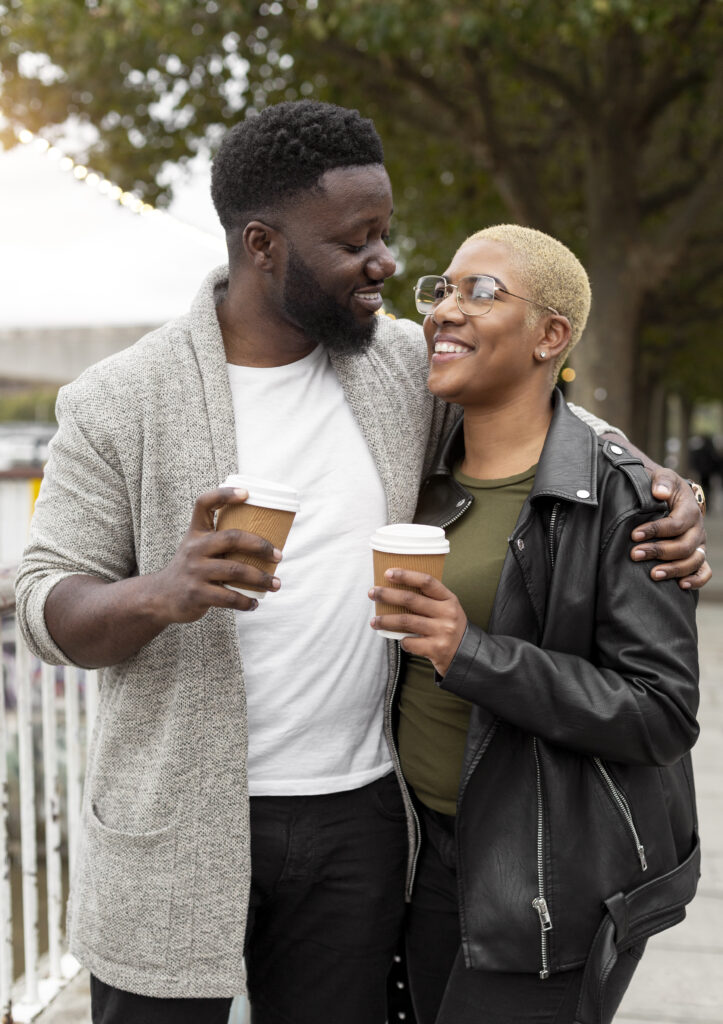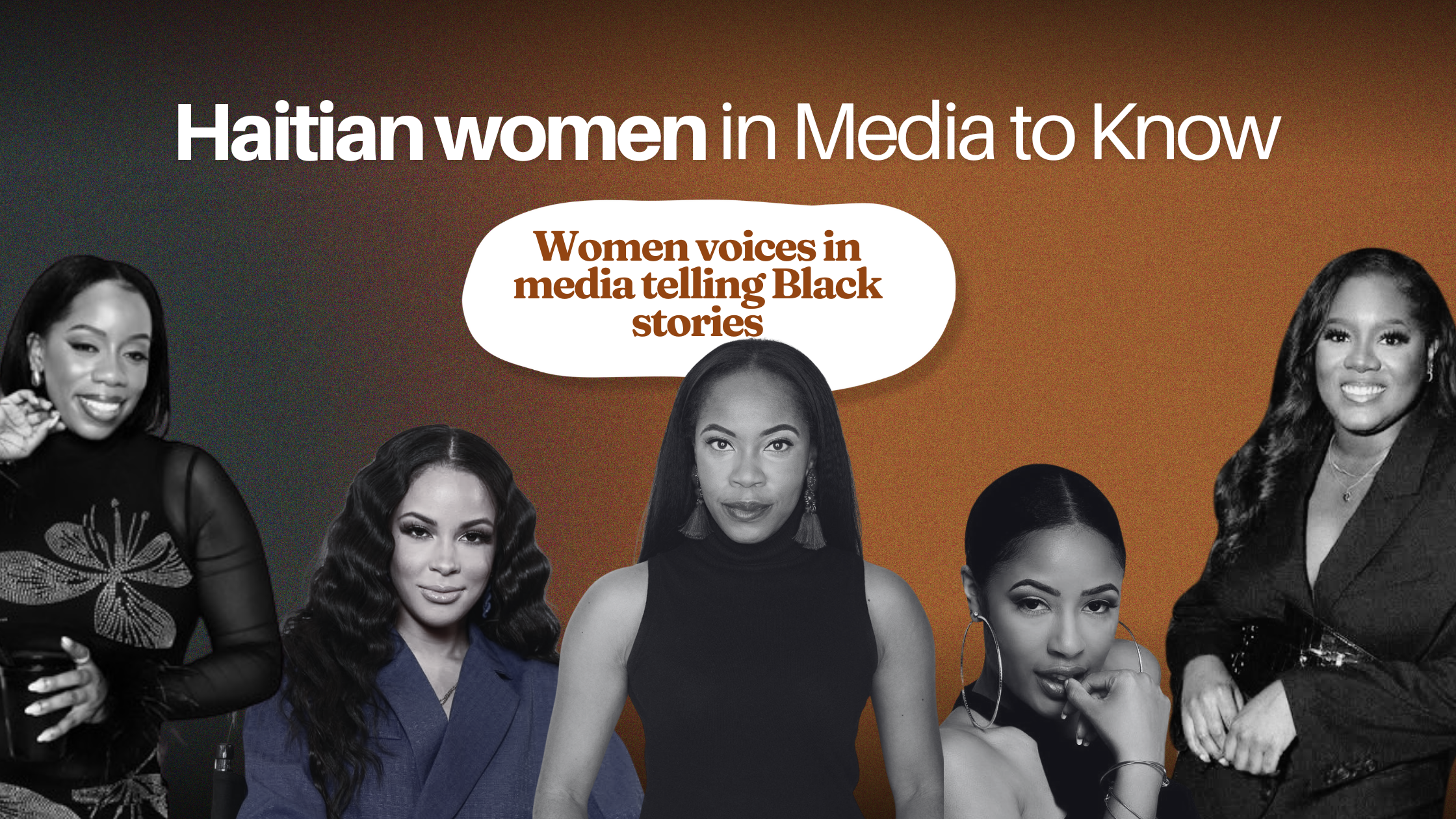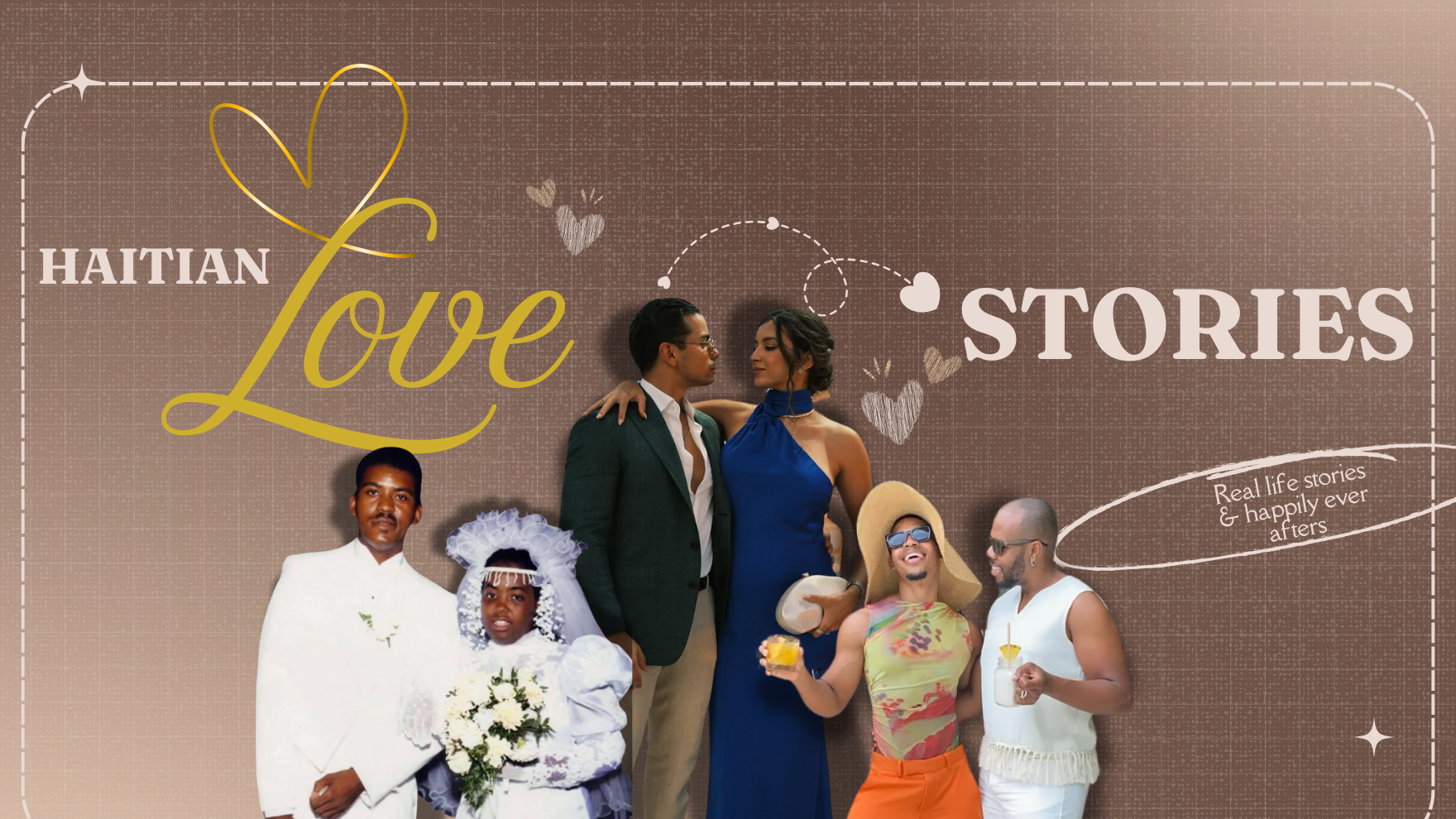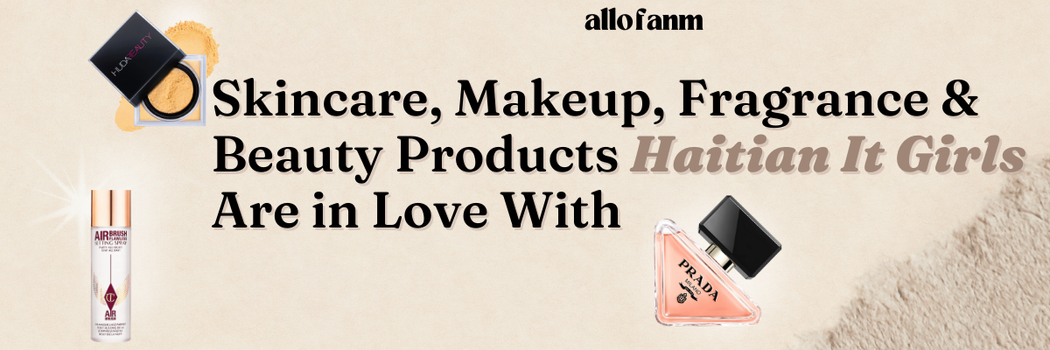

Dating Haitian is not all that different from daring any other ethnic group but there are certain principles to know. While scrolling through TikTok, I came across a video by creator Victoria Achieng that stuck with me. She commented on how “African Girls Don’t Know How To Date” and unpacked her reasoning behind that statement:
Though she spoke about African girls, I couldn’t help but see the parallels in Caribbean households, especially Haitian ones.
Growing up, our parents put great stress on three fundamental values of our culture: Lekòl, Lakay, Legliz. These pillars emphasize education, family, and faith. As our society evolves, millennials and Gen Z within the diaspora may not see it as it was taught (Haitian Ladies Network).
Today, I want to discuss how this principle might be affecting young women navigating today’s dating scene, especially those with hyphenated identities.

Image by freepik
If you’ve ever sat down with an older Haitian family member, whether their stories speak of the comfortable lifestyle or scarcity, instability, and survival, three core values are always repeated: education (Lekòl), faith (Legliz), and family (Lakay).
Due to political and economic instability, many Haitians migrated abroad for a better life and opportunities. They brought these values with them, hoping to pass them on to their children. But teaching this value system outside of Haiti—within vastly different cultural, economic, and social contexts—has proven complicated, especially in ever-changing societies.
While that pressure may come from a place of love and protection, it often leaves little room for exploration, creativity, or emotional intelligence—skills that are crucial for building relationships and self-awareness.
Faith, too, plays a powerful role. In Haiti, church was a given—an integral part of life and community. However, as time changes, where church was the main place for solace, many young people are gravitating towards secular options, such as therapy and mindfulness practices.
Family—the space where traditions are practiced and preserved—is both a source of strength and pressure. The typical Haitian family structure is conservative, where children are taught to be obedient and respectful towards their elders (Love to Know). Young people from the diaspora often find themselves torn between honoring their families and advocating for themselves.
In Haitian dating especially, this tension may be heightened. The values they were raised with don’t always align with the norms or the realities of the culture they’re dating in, leading to confusion, guilt, or frustration.
Ultimately, while the Lekòl, Lakay, Legliz values were meant to empower, the way they’re taught and lived outside of Haiti—without adaptation—can leave young people feeling unprepared and unsupported in areas like dating, identity, and self-worth.
They are expected to succeed academically, remain spiritually grounded, and preserve culture—all while figuring out how to be themselves in a world with very different rules.
To better understand the generational shifts, I asked people in my circle how dating worked “back in the day.” The way they described it felt almost Bridgerton-like. It was structured and intentional. For those born before 1980, dating was courtship, where the goal was clear: get married and have children.
People usually dated within their immediate circle—someone from their neighborhood, their church, their school, or their hometown. Choosing a partner wasn’t just about the person; it was about their family. As reputation mattered in Haitian culture (Love to Know). The family history directly affects how this individual is perceived.
Today, dating looks completely different. It’s digital, fast-paced, and culturally diverse. You’re either swiping left (not interested) or swiping right (interested).
Casual dating and sexual intimacy before commitment are normalized.
We’ve got more options than ever, but people are struggling to date and commit (The New York Times).
The reason people get married has also shifted. It’s not always about family expectations or financial stability anymore. It’s more about freedom—finding someone who aligns with your goals, your values, and your version of a fulfilling life.
For more dating content in the Haitian community, explore our love and dating editorial pieces.
Dating with a hyphenated identity comes with its own set of challenges. Through acceptance and clarity, you’ll be able to become more confident about your process and your journey.
The first step is acceptance. You have to own your identity and recognize that you’re shaped by two cultures. And that’s not a bad thing. You get to decide which values serve you and which ones don’t. That might mean making choices your Haitian parents won’t understand or support—and that’s okay.
Second is clarity. You need to know what you want. This question is tough but crucial—it acts as your compass.
Are you dating for marriage or dating to experience self-discovery? The answer sets the tone. It helps you figure out your expectations, your boundaries, and the kinds of conversations you need to have.
Dating with purpose means being honest about where you are and what you’re ready for.
Let’s be honest—dating today can feel overwhelming and emotionally draining, especially when no one ever taught you how to navigate this part of life.
Many Haitian parents expect their children to get married and start a family; however, guidance on the step to get there, dating, is rarely given or is out of touch with the current reality.
So, it’s no surprise that so many people—especially women—feel like they’re figuring it all out on their own.
Our culture often tolerates or overlooks toxic behaviors. Many of us have directly or indirectly experienced certain patterns being ignored, excused, or normalized (amour creole).
Things are shifting. More people are choosing to break those cycles. By prioritizing healing, peace, and happiness. Emotional safety now matters more than meeting someone else’s expectations.
While dating Haitian, remember to be gentle with yourself. Be patient. You will most likely mess up; you will feel heartbroken; you will learn; you will grow.


